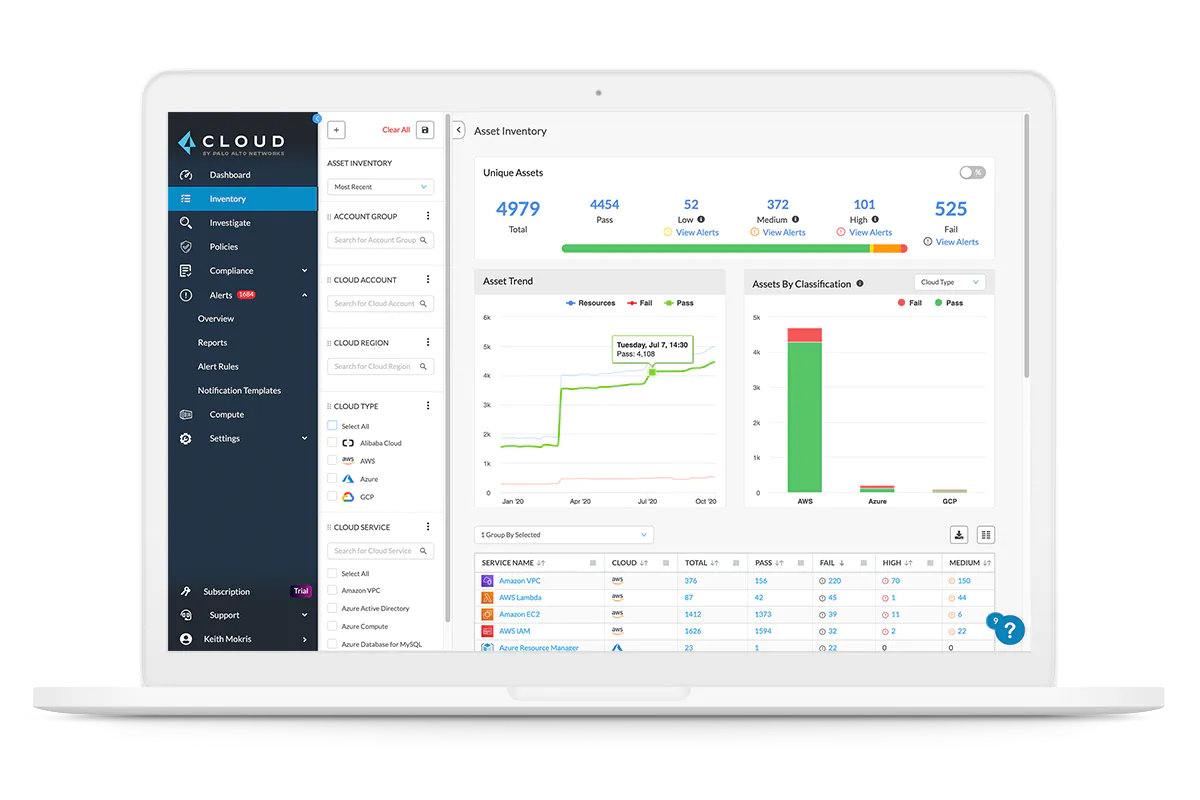Build and Deploy Secure Cloud Native Applications
This Palo Alto Networks course is invitation only. If you'd llike to know more, contact us



Who should attend?
We've been training individuals on Kubernetes, Containers and cloud Native Security since 2016.